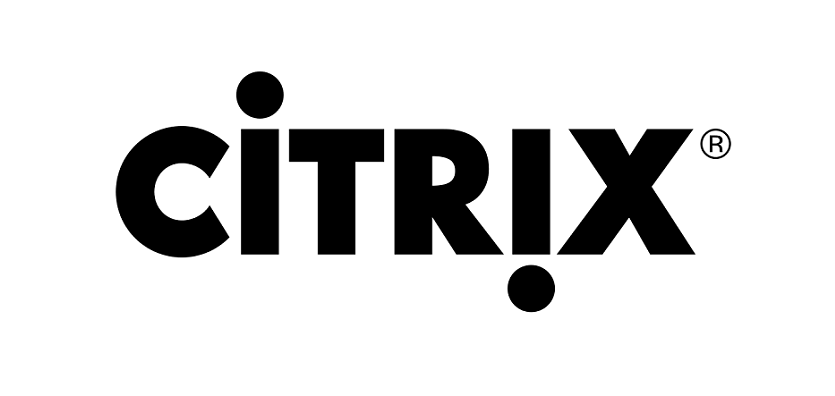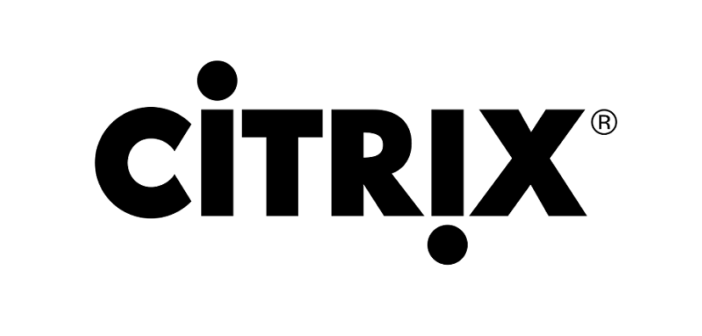
83% of employees are using non-business approved apps
Citrix has announced the release of research into “The State of IT Complexity in Australia” that revealed over half of Australian businesses’ are struggling with complexity. Overlapping systems, applications, and new and old infrastructure cost time, money, and affects innovation. The rise in complexity felt by Australian organisations, and is holding back digital transformation efforts and restricting cloud adoption.
The sheer volume of applications and data that need to be maintained and secured has risen in response to employee’s need to get work done anywhere at any time. This pressure is also fuelling Shadow IT, 83 per cent of the respondents from Australia, stated that they use non-business approved applications to get work done. Meaning applications are running in the organization’s environment unknown and unsecured.
Erin Butler, area vice president, Australia and New Zealand, Citrix said; “The study found a strong correlation between the increasing levels of complexity felt within organisations, and the delay of digital transformation maturity.”
“The future has never looked more complex. IT leaders are being asked not only to deliver IT services, but also to improve business outcomes. Businesses must seek out a solution that allow for a unified, contextual and secure digital workspace that enables employees to securely work how, where and when they need, while simplifying management.”
This complexity and confusion about the IT environment, impacts to an organization’s agility, insights and ability to digitally transform.
Analytics, and the promise of business improving insights, is also suffering from complexity concerns; 83 per cent of Australian respondents believe they are missing out of the true benefits of analytics due to the complex and disperse nature of their data and applications.
Study key findings:
- 55% of Australian businesses believe their IT environments are more or significantly more complex than two years ago.
- 96% of Australian businesses have started their digital transformation journey, but only 21% have reached maturity.
- 83% of Australian businesses believe that their organisation is missing out on the full benefits of analytics.
- 83% of Australian employees use non-business approved applications.
- 81% of Australian businesses are already adopting cloud technology.
- 71% of Australian businesses are concerned that they would not be able to respond to a data breach required by law (such as GDPR). Of those concerned, the top reasons include;
o 49% due to time concernsi
o 42% due to data located in different systems and applicationsi
o 23% due to a drain on resourcesi - 81% of Australian businesses strongly agreed that employee user experience is linked to productivity.
Erin Butler, area vice president, Australia and New Zealand, Citrix said; “The real strategic value of cloud adoption is as a platform for building your own applications. This will really transform business processes, how businesses do things, new ways of working and new ways of delivering those apps – this is real digital transformation and should be considered part of a broader journey”.
The State of IT Complexity in Asia Pacific and Japan study explores business working environments and specifically addresses the IT challenges, security and cloud readiness of businesses within the Asia Pacific region and Japan. To learn more about the key findings regarding the Australian findings, read: The State of IT Complexity in Australia whitepaper.
i More than one option could be selected, the figure is over 100%
About Citrix
Citrix (NASDAQ:CTXS) is powering a better way to work with unified workspace, networking, and analytics solutions that help organisations unlock innovation, engage customers, and boost productivity, without sacrificing security. With Citrix, users get a seamless work experience and IT has a unified platform to secure, manage, and monitor diverse technologies in complex cloud environments. Citrix solutions are in use by more than 400,000 organisations including 99 percent of the Fortune 100 and 98 percent of the Fortune 500.






